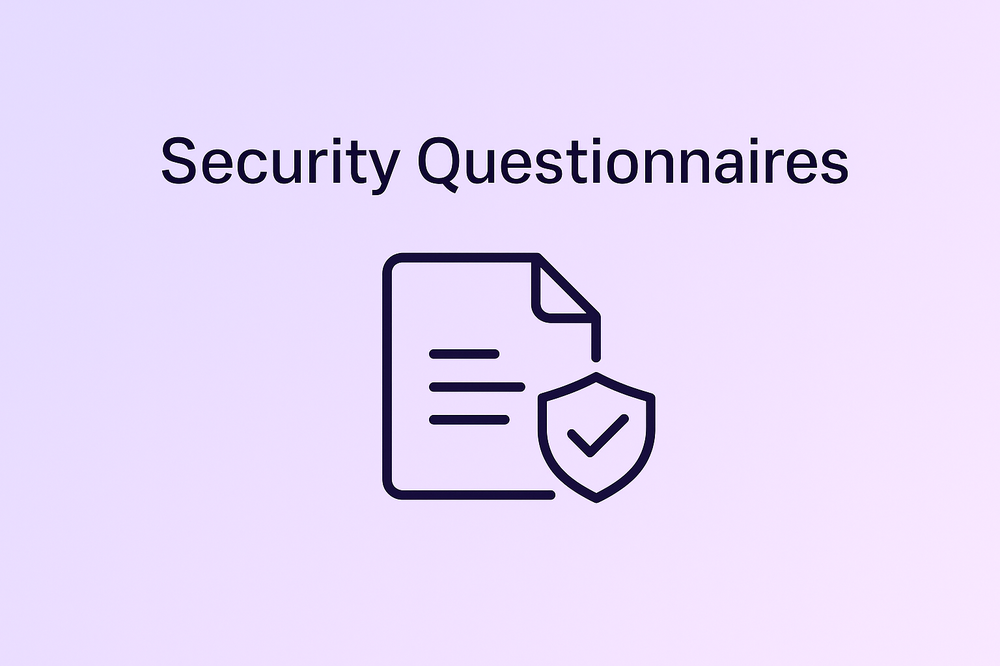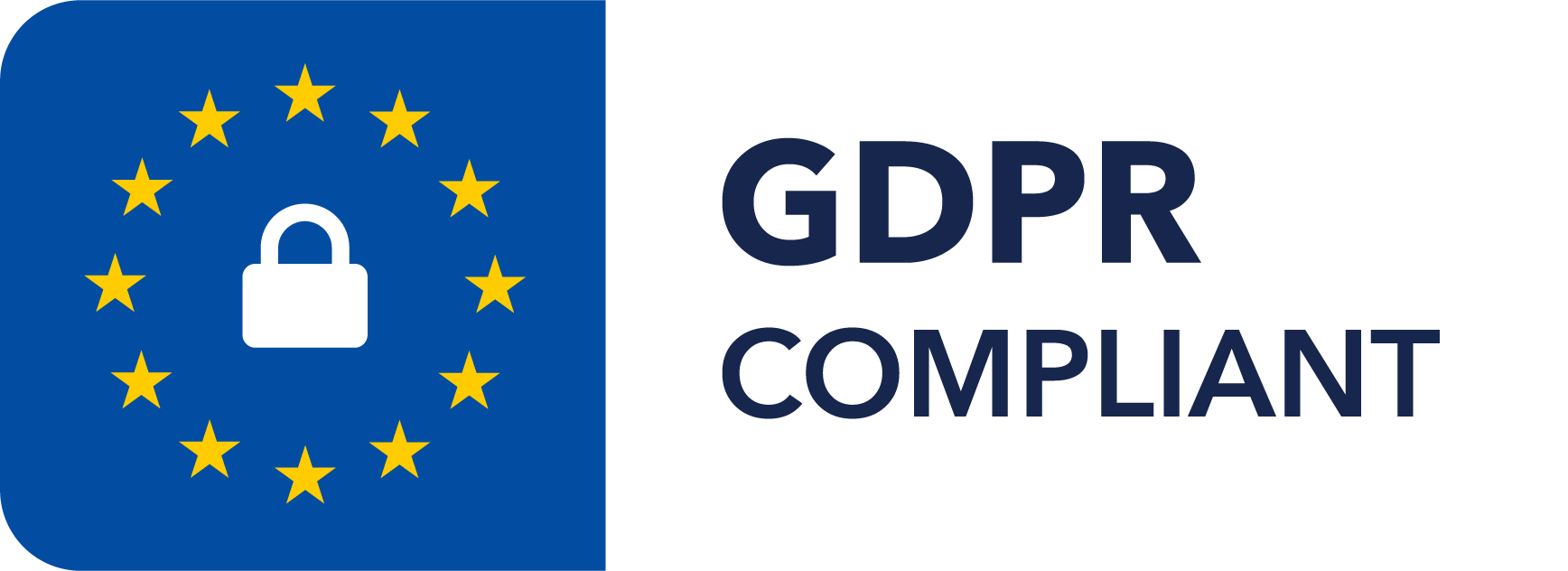What Is a Security Questionnaire?

What Is a Security Questionnaire?
A Security Questionnaire is a detailed document organizations use to evaluate a vendor’s information security practices, compliance posture, and risk management controls before entering a business relationship.
It’s a core part of vendor due diligence, helping ensure that sensitive data, systems, and customer information remain secure throughout the partnership.
Security questionnaires are commonly issued during the procurement or vendor onboarding phase and can include hundreds of questions about encryption, access controls, compliance frameworks, and data handling procedures.
Learn how automation simplifies this process in our guide:
What Is SOC 2?
Purpose of a Security Questionnaire
The main goal of a security questionnaire is to validate that a vendor meets an organization’s cybersecurity and compliance standards before a contract is signed.
They help risk and compliance teams:
- Assess a vendor’s readiness to protect sensitive or regulated data
- Identify vulnerabilities or gaps in controls
- Satisfy regulatory obligations like GDPR, HIPAA, and SOC 2
- Maintain a defensible vendor-risk management program
Many enterprises also conduct annual reassessments to confirm continued compliance and monitor changes to a vendor’s security posture.
Learn how Iris Pro streamlines this process in our article:
RFP Automation for SaaS Companies
Common Security Questionnaire Frameworks
Most organizations base their questionnaires on standardized frameworks to promote consistency and reduce friction between buyers and vendors.
Some of the most common include:
- CAIQ (Consensus Assessments Initiative Questionnaire) – developed by the Cloud Security Alliance
- SIG (Standardized Information Gathering) Questionnaire – used widely across financial services
- NIST 800-53 and ISO 27001 – international frameworks for cybersecurity and data protection controls
These frameworks serve as benchmarks for evaluating vendors against a shared security baseline.
Why Security Questionnaires Matter
A strong questionnaire process helps organizations:
- Reduce risk by identifying weaknesses early
- Ensure compliance with industry and government standards
- Build trust with clients and partners
- Save time through standardized and automated responses
For vendors, maintaining accurate and well-organized security documentation can shorten sales cycles and improve response times to procurement requests.
Explore how AI improves these workflows in our post:
Proposal Automation and Why the Human Element Still Matters
How Iris Pro Helps
Iris Pro automates the creation, completion, and management of security questionnaires by:
- Parsing templates from spreadsheets, portals, or PDFs
- Auto-filling answers using pre-approved, compliant language
- Mapping responses to frameworks like SOC 2, ISO, and NIST
- Streamlining internal review and approvals
- Reducing manual effort while maintaining compliance accuracy
With Iris, security teams can respond faster, ensure consistency, and maintain control over sensitive documentation.
Learn more in our related post:
SOC 2 Explained: What It Is and Why It Matters
Best Practices for Managing Security Questionnaires
To manage security questionnaires effectively:
- Keep a centralized knowledge base for recurring answers
- Use version control to track policy updates
- Automate internal reviews and approval workflows
- Regularly update responses to reflect your current security posture
- Integrate with RFP automation tools like Iris Pro for faster collaboration
Frequently Asked Questions
What is the purpose of a security questionnaire?
A security questionnaire is a detailed set of questions that prospective customers send to vendors to verify their security practices, privacy controls, and overall compliance posture. Buyers use it to ensure a vendor meets their data protection and IT security standards before moving forward with a partnership.
When do companies require a security questionnaire from a vendor?
Security questionnaires typically appear during procurement, vendor onboarding, or late-stage sales cycles. They are most common once a customer is seriously evaluating your product and needs confirmation that your organization meets their security and compliance requirements before signing a contract.
What are common frameworks or formats for security questionnaires?
Many organizations use standardized frameworks to structure their questionnaires. Common examples include the CAIQ (Cloud Security Alliance), the SIG questionnaire (widely used in financial services), and controls aligned with NIST or ISO 27001. These frameworks provide consistent, widely recognized sets of security questions for evaluating vendors.
How can vendors speed up responding to security questionnaires?
Vendors can accelerate the process by maintaining a centralized knowledge base of past answers, security documentation, and approved evidence. Using automation tools to suggest or auto-fill responses also reduces manual effort. Regular updates and coordinated internal reviews further improve speed and accuracy when completing long questionnaires.
Related Glossary Terms
Explore Examples of Use Cases
- Security Questionnaire Automation for Cybersecurity & IT Security Providers
- Security Questionnaire Automation for Ecommerce & Retail Technology Providers
- Security Questionnaire Automation for HR Tech & Payroll Platforms
- Security Questionnaire Automation for Fintech & Financial Services Vendors
- Security Questionnaire Automation for Cloud & DevOps Platforms
















